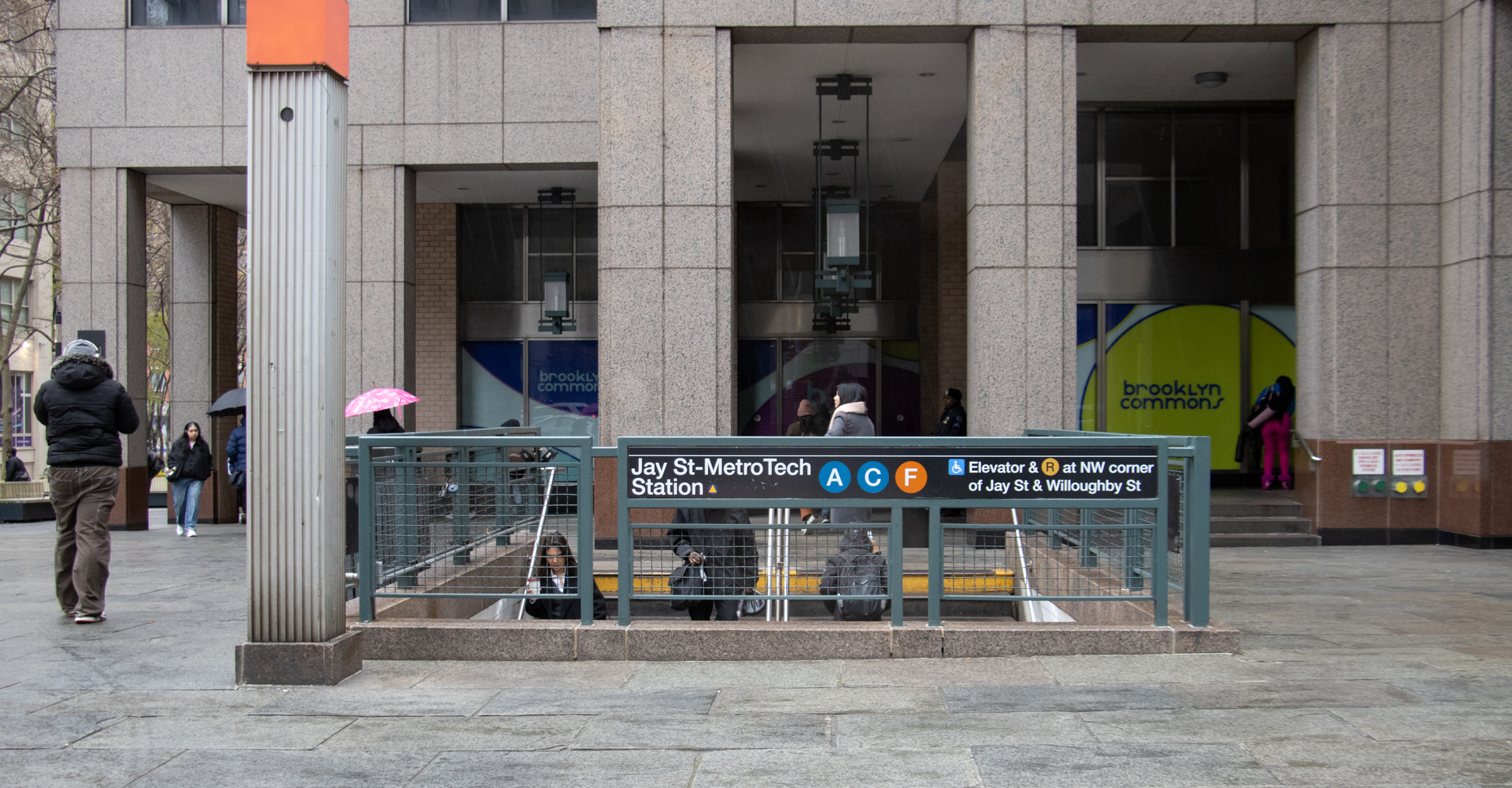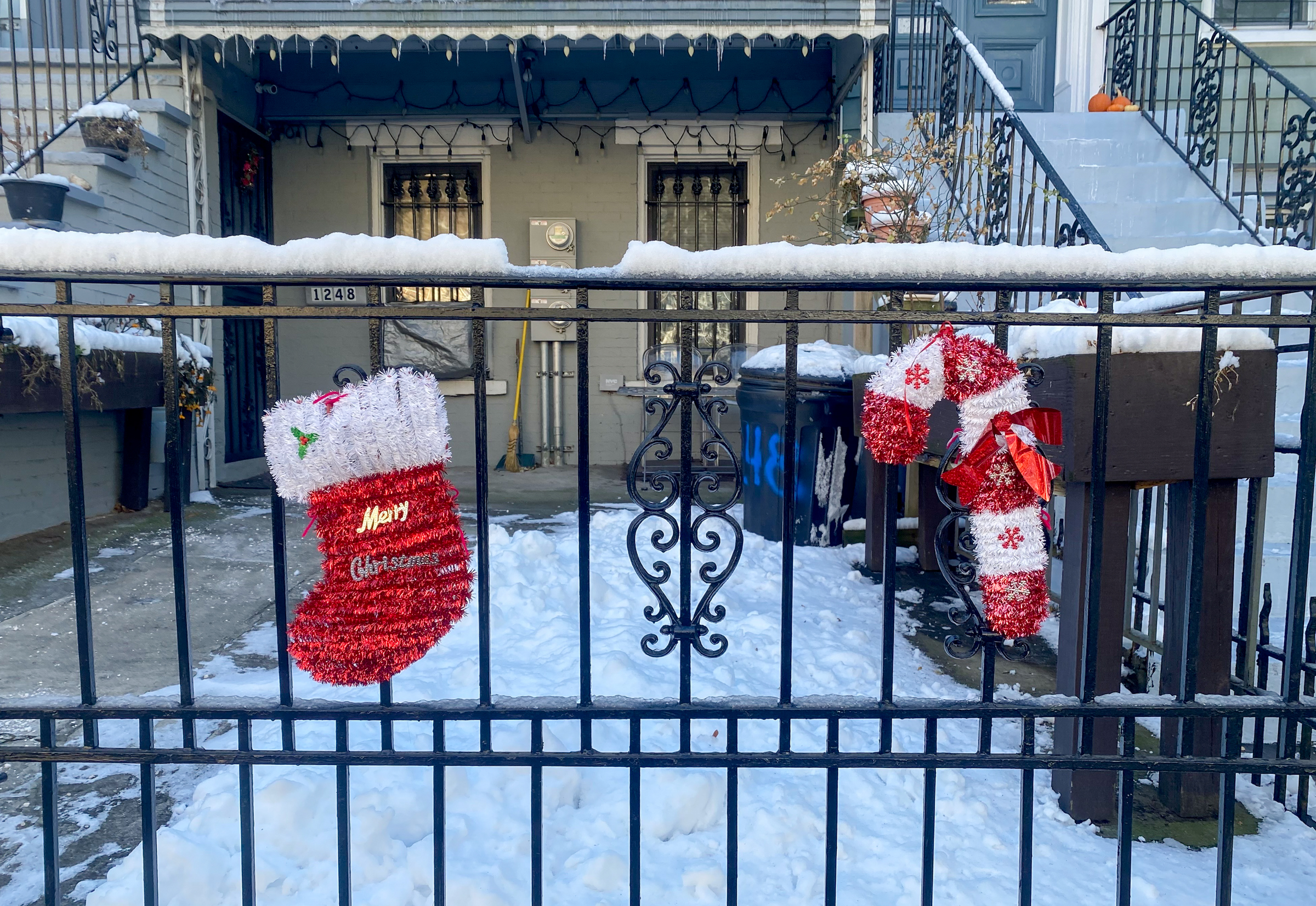Inside Third & Bond: Week 74
Today our Hudson Companies bloggers use the recessionary times to play hardball on pricing with suppliers. It’s not just stocks that are buys this week. Construction material prices are dropping and we are in a position to take advantage. One construction company rep we spoke with said he’s calling up suppliers and telling them to…


Today our Hudson Companies bloggers use the recessionary times to play hardball on pricing with suppliers.
It’s not just stocks that are buys this week. Construction material prices are dropping and we are in a position to take advantage. One construction company rep we spoke with said he’s calling up suppliers and telling them to take 10% off their bid or else he’s going to someone else. That’s pretty bold and far from where we were with pricing a year ago.
Yesterday we had a buy-out negotiation meeting with a potential plumbing supplier. Let’s call them PPS for now. (We won’t use names until the contract is signed.) It was a typical meeting and thus this week’s mini topic as ‘Make My Heights the P Heights’ put it last week in the comments.
Before the meeting, the supplier gets the specifications and drawings for the materials to be provided. The supplier puts together a bid that shows the quantities of each item, the price for each item, total cost for materials, delivery and taxes. (Actually, suppliers often leave out tax and sometimes delivery part of the psychology of looking like they’ve given you a low price.) For example, the quantity of kitchen sinks is 44 and the specification is for the Grohe Minta model in chrome. The bid might be listed at something like $200 per sink and then would be totaled at $8,800 + 8.375% tax + delivery. We get this bid before the meeting and start qualifying; we check for any missing items or unnecessary additions. If it looks close to what we want, then we’ll set up a meeting with the bidder. We look to get at least 3 real bids and usually meet with all of them. In this case, there are other bidders waiting in the wings. (Check out Week 16 if you want to see the fixtures.)
Our meeting with the PPS started out with the usual countdown. (On your marks.) We asked the PPS to cut his bid by 4%, which gets us below our budget but is somewhat arbitrary. (Get set.) The PPS reacted with mild alarm. (Go.) The PPS started looking for the angles that would cut his costs and thus his bid.
(continued below)
Delivery. It’s cheaper for the supplier to give us all of the material in a single delivery. It’s less time his trucks and labor are tied up coming out to our site. But we don’t want it all in a single delivery because we’ll be installing the material floor-by-floor, building-by-building. Having unincorporated material on site increases the likelihood it’ll get broken or stolen.
Storage. It’s cheaper for the supplier if he doesn’t have to store our materials. He doesn’t have to worry about the warehouse space, the insurance costs, or the hassle of providing the documentation that our bank demands in order to release funds. We don’t want to store it on site because we don’t have the room. In addition to the time and labor costs of maneuvering around stored materials, we’d also have to rent a container to secure it. And then we’re back to worrying about theft. Another option is to ask our subcontractor, the plumber in this case, to store it.
The PPS tried to sweeten us by offering 5% off the bid if we handle storage. That would probably mean turning around and giving an amount equivalent to 2% to the plumber to pay for the storage. Not super attractive but we’ll give it some thought.
Broken and missing materials. Rarely does a shipment of materials arrive with every component exactly as ordered. Pieces can get broken in transit (particularly terrazzo shower bases) and often a few screws will be left out during packing. The manufacturer should be willing to replace a few broken pieces and provide a few screws here or bolts there, but will balk at large quantities. Then the supplier and the contractor have to duke it out. The supplier will have spot checked the materials upon receipt from the manufacturer but won’t go through every box. Likewise, neither the contractor nor the plumber is going to do a detailed inventory the instant the materials arrive. The most likely scenario is that a few weeks after the materials are delivered to the site, in the course of installation the plumber will notice broken or missing materials and we’ll go back to the supplier. If the materials were delivered fairly recently, then the supplier will step up and get replacements. If it’s been over a month, then the supplier is likely to argue that the problem happened after delivery.
The seemingly simplest solution—for both the supplier and the contractor/subcontractor to do a detailed inventory—is less efficient than haggling over problems later. (This is one reason that purchasing from nearby manufacturers can outweigh price savings from getting something from a distant land. Communication and delivery across time zones, seas, and cultures can gum up the works.)
Alternates. The supplier works with some manufacturers directly but some items have to be purchased retail. For example, the PPS works directly with Grohe but not with Kohler. We looked at the Kohler items and since none of them are look items, we told the PPS we’d consider alternates. No buyers will care that they have a Kohler tub drain versus a Hydro System floor drain. As long as it works just as well with our chosen tub and costs less, we’re happy to consider alternates.
The PPS must have been feeling fairly comfortable with our numbers because he wanted to seal the deal before leaving the meeting: he suggested 2% off the bid if we sign today and then he’ll worry about getting his alternates down.
But buoyed by the slide of prices, we chose to hold out until we could get the revised bid list with the alternates to the Kohler items. We’re hoping we’ll get even more than the 4% off though the PPS’s incentive to go lower is limited now that we’ve thrown out 4% as an acceptable decrease. If he really wants this job and the alternates drop his costs enough, then he might give us an even better price. And if not, we still have the other bidders to consider.
Inside Third & Bond: Weeks 1-73 [Brownstoner]
From our lawyers: This is not an offering. No offering can be made until an offering plan is filed with the Department of Law of the State of New York.”





74 weeks and you can’t get this project out of the ground? At this rate you should be coming on line with the next economic boom. Too bad you will have used up your profit margin managing the debt service. Keep up the good work team!
My first brownstoner shout out! Now I’ve got to work on quote of the day…